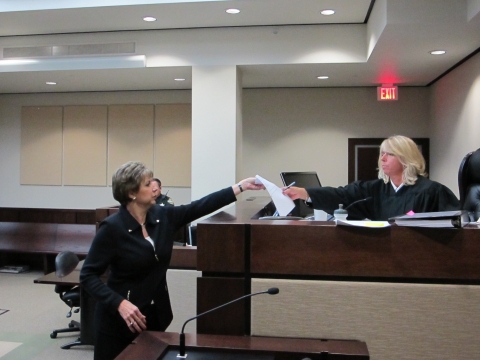A $200 transaction can cost society $100,000 for a three-year sentence.It’s time to legalize, regulate, and tax drugs, taking tax money away from private prisons and police militarization, and freeing it up for education, health care, and rehabilitation.
George F. Will wrote 11 April 2012, Should the U.S. legalize hard drugs?
Amelioration of today’s drug problem requires Americans toWill-like, he ignores the real reasons we’re locking up so many people (corporate greed), but he does get at the consequences: Continue readingunderstand the significance of the 80-20 ratio. Twenty percent of American drinkers consume 80 percent of the alcohol sold here. The same 80-20 split obtains among users of illicit drugs.
About 3 million people — less than 1 percent of America’s population — consume 80 percent of illegal hard drugs. Drug-trafficking organizations can be most efficiently injured by changing the behavior of the 20 percent of heavy users, and we are learning how to do so. Reducing consumption by the 80 percent of casual users will not substantially reduce the northward flow of drugs or the southward flow of money.










